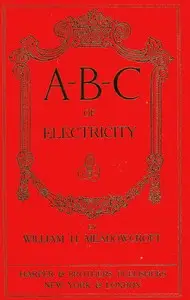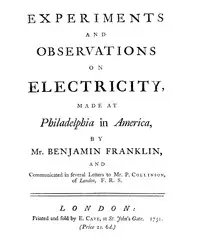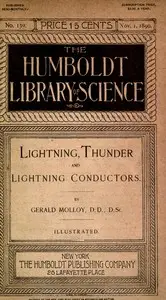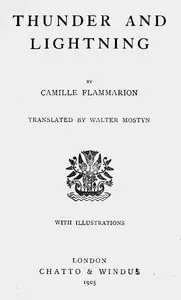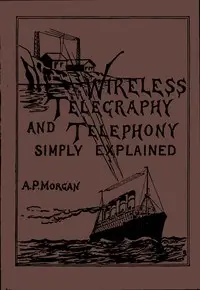"Lightning Conductors: Their History, Nature, and Mode of Application" by Richard Anderson is a late 19th-century scientific exploration of lightning conductors and their role in protecting buildings from lightning. Ancient misunderstandings of thunder and lightning are discussed, before recounting Benjamin Franklin's crucial experiments and inventions, setting the stage for how these innovations protect structures from thunderstorms, benefiting both experts and regular readers alike by stressing the need for lightning protection in architecture and making the public safer.
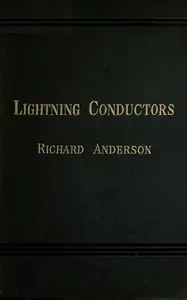
Lightning Conductors: Their History, Nature, and Mode of Application
By Richard Anderson
Discover how understanding and using lightning rods can guard buildings against the raw power of thunderstorms.
Genres
Released
2017-04-19
Formats
mobi
epub
mobi (images)
epub (images)
epub3 (images)
txt
Free Download
Summary
About the AuthorInformation on this author is scarce, but their work continues to inspire readers.
Information on this author is scarce, but their work continues to inspire readers.
Total Reviews
10.0k
Total reviews from Goodreads may change



